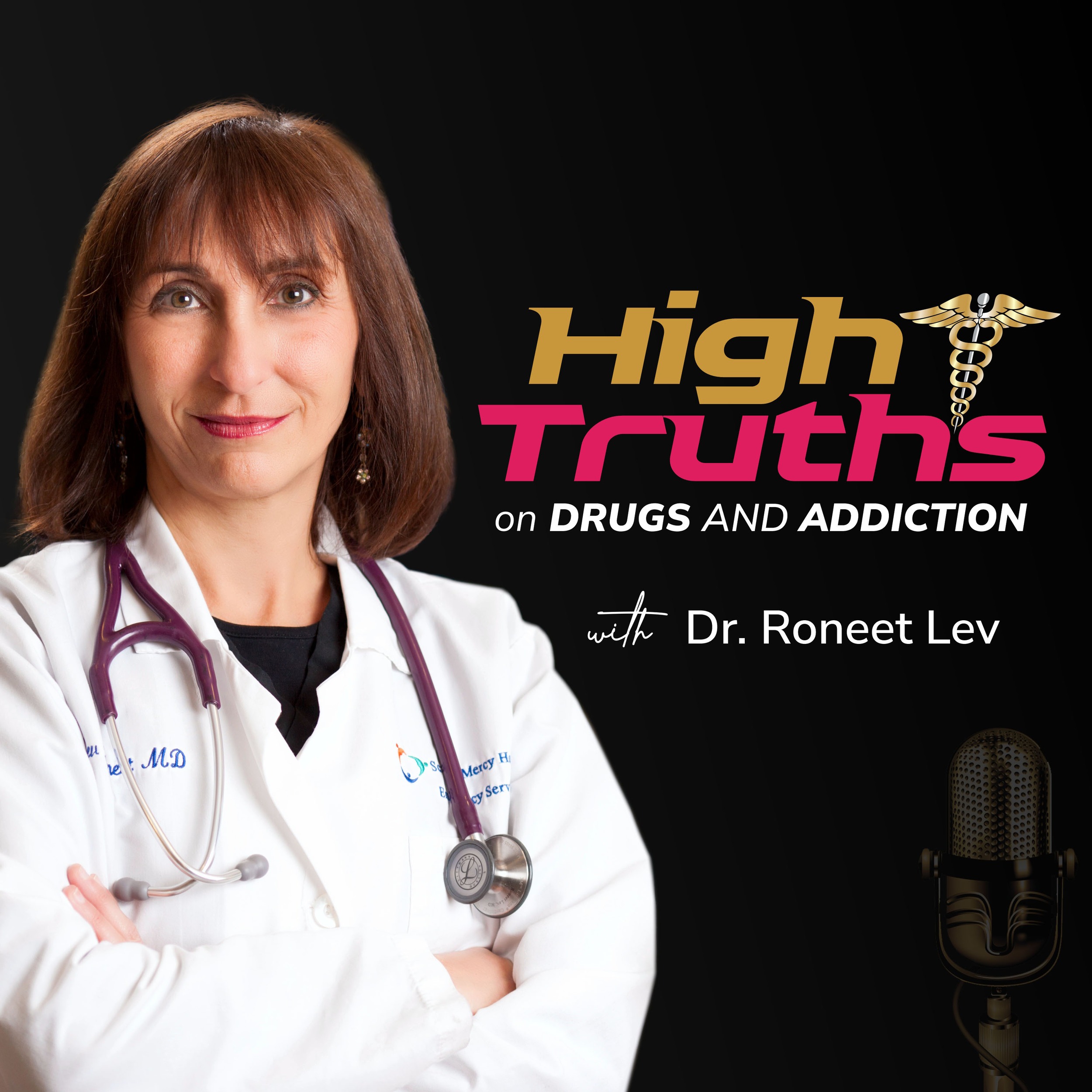Nora D. Volkow, M.D., is Director of the National Institute on Drug Abuse (NIDA) at the National Institutes of Health. NIDA is the world’s largest funder of research on the health aspects of drug use and addiction.
Dr. Volkow's work has been instrumental in demonstrating that drug addiction is a brain disorder. As a research psychiatrist, Dr. Volkow pioneered the use of brain imaging to investigate how substance use affects brain functions. In particular, her studies have documented that changes in the dopamine system affect the functions of frontal brain regions involved with reward and self-control in addiction. She has also made important contributions to the neurobiology of obesity, ADHD, and aging.
Dr. Volkow was born in Mexico and earned her medical degree from the National University of Mexico in Mexico City, where she received the Robins Award for best medical student of her generation. Her psychiatric residency was at New York University, where she earned a Laughlin Fellowship from The American College of Psychiatrists as one of 10 outstanding psychiatric residents in the United States.
Much of her professional career was spent at the Department of Energy’s Brookhaven National Laboratory in Upton, New York, where she held several leadership positions including Director of Nuclear Medicine, Chairman of the Medical Department, and Associate Director for Life Sciences. Dr. Volkow was also a professor in the Department of Psychiatry and Associate Dean of the Medical School at The State University of New York at Stony Brook.
Dr. Volkow has published more than 800 peer-reviewed articles, written more than 100 book chapters, manuscripts and articles, co-edited "Neuroscience in the 21st Century" and edited four books on brain imaging for mental and addictive disorders.
She received a Nathan Davis Award for Outstanding Government Service, was a Samuel J. Heyman Service to America Medal (Sammies) finalist and is a member of the National Academy of Sciences and the Association of American Physicians. Dr. Volkow received the International Prize from the French Institute of Health and Medical Research for her pioneering work in brain imaging and addiction science; was awarded the Carnegie Prize in Mind and Brain Sciences from Carnegie Mellon University; and was inducted into the Children and Adults with Attention-Deficit/Hyperactivity Disorder (CHADD) Hall of Fame. She was named one of Time magazine's "Top 100 People Who Shape Our World"; one of "20 People to Watch" by Newsweek magazine; Washingtonian magazine’s "100 Most Powerful Women"; "Innovator of the Year" by U.S. News & World Report; and one of "34 Leaders Who Are Changing Health Care" by Fortune magazine.

How do we educate our youth on the dangers of fentanyl? Song for Charlie has free educational resources. Listen to a conversation with Ed...

Dr. Karl Hill directs the Prevention Science Program and is a professor of Psychology and Neuroscience at the University of Colorado Boulder, and is...

What is the difference between marijuana sold at a dispensary and marijuana used for research? There is a big difference? Listen to the world's...